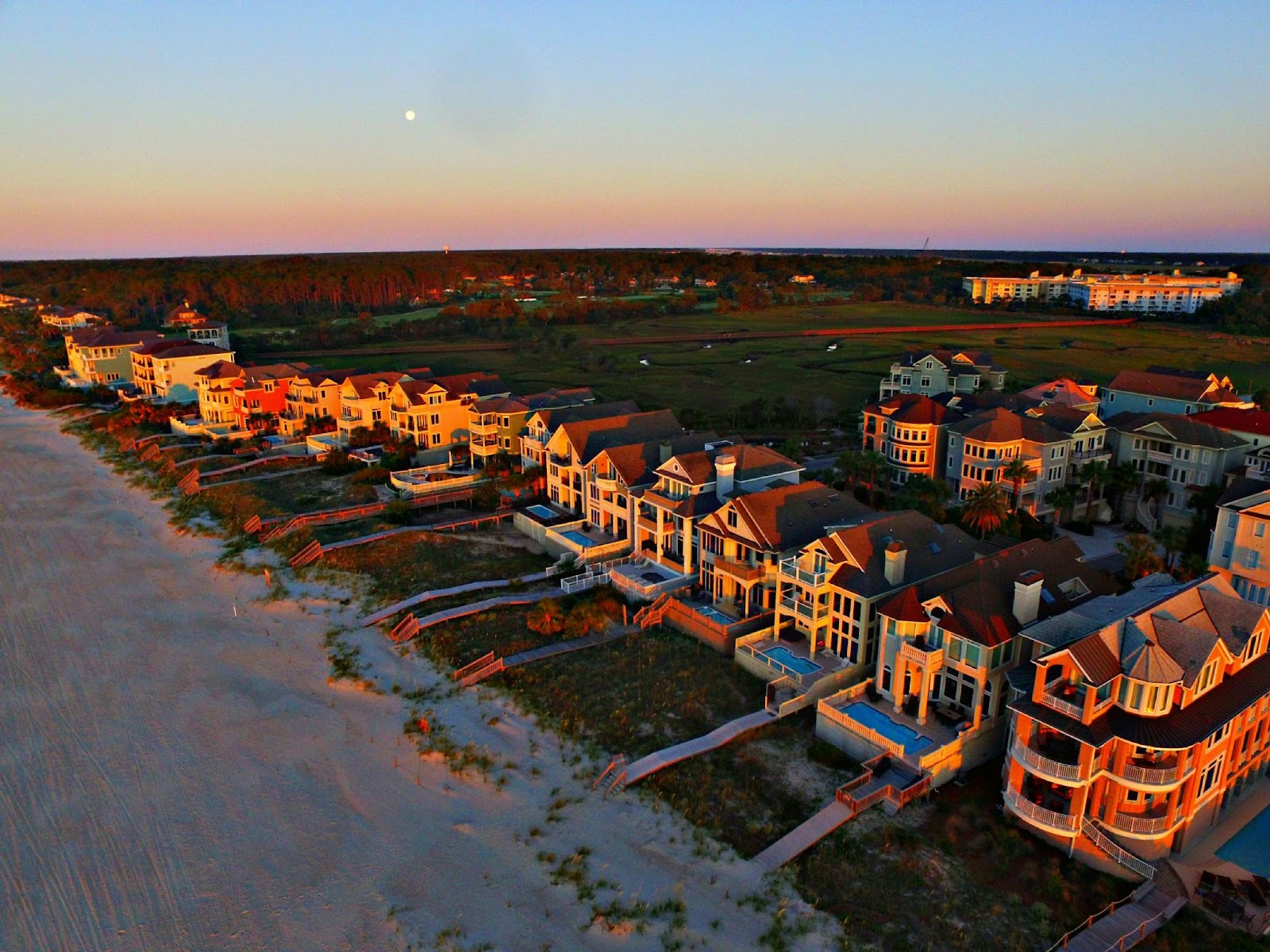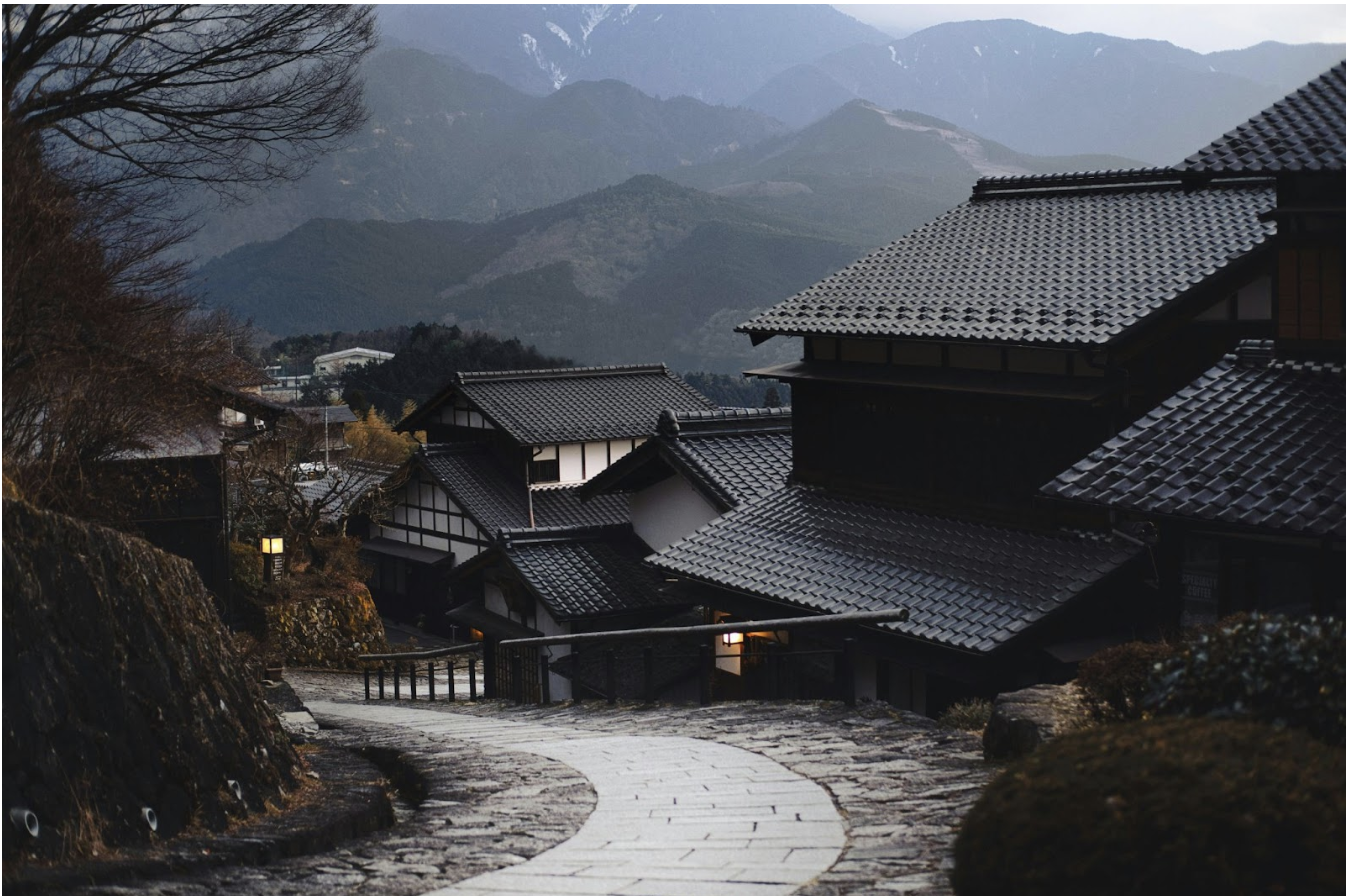How Flexible Are Washington State Regulations for Custom ADU Home Plans?
Washington State encourages ADU development with relatively flexible regulations, but actual flexibility varies by locality. While state law mandates the allowance of ADUs across residential zones, customization depends on local zoning codes. You can express creativity in interior layouts and finishes, but you must still abide by setback, size, height, parking, and design compatibility rules.
At GatherADU, we specialize in custom ADU home plans tailored to Washington's regulatory landscape. Our team crafts designs that merge your vision with local compliance from layout and finishes to permitting. Using our streamlined ADU Plans & Permits package ensures you build a beautiful, custom ADU that sails through approval.

Statewide Framework vs. Local Variations
Washington sets a pro-ADU framework, but cities and counties can add rules. Regulations about size, setbacks, parking, and owner occupancy differ. Knowing your jurisdiction’s subtleties before design ensures custom plans stay flexible without causing permitting headaches.
Areas Offering Design Flexibility:
Washington State’s ADU regulations provide homeowners with meaningful opportunities to customize their homes. These flexible elements allow you to design living spaces that reflect personal taste, maximize comfort, and incorporate modern sustainability features. While some parameters remain, creative freedom is embraced within many key aspects of your ADU project.
- Interior Layout: Tailor floor plans, finishes, and fixtures without state restrictions.
- Aesthetics: Use custom materials, colors, and textures freely.
- Energy & Sustainability: Flexible adoption of green upgrades like solar, insulation, and HVAC.
- Outdoor Integration: Incorporate decks, patios, and gardens subject to setback rules.
This freedom in design empowers homeowners to create ADUs that fit their unique lifestyles and environmental values. It encourages innovation in space planning and encourages the adoption of energy-efficient features that benefit long-term costs and comfort.
What Common Restrictions Apply?
Although Washington encourages ADU construction, essential safety and neighborhood compatibility rules govern the build. Understanding these consistent constraints helps you plan realistic designs that meet legal requirements while optimizing space and function. Awareness of these limits reduces costly revisions and expedites permitting.
- Size Cap: Typically limited to 1,000–1,200 sq. ft. depending on location.
- Height Limits: Generally around 16–24 feet max.
- Setbacks: Standard distances from property lines must be maintained.
- Parking: Reductions common, especially near transit, but vary by city.
These restrictions balance individual freedom with community standards and safety. Adhering to them ensures your ADU integrates well into the neighborhood and remains structurally sound without compromising your vision.
Designing a Compliant, Custom ADU
Success in custom ADU design starts with thorough preparation and smart choices. Being proactive in researching regulations and prioritizing your must-have features enables a design that aligns with both your needs and the law. Working with expert designers further smooths the process and preserves flexibility.
- Checking both state and local codes before starting.
- Defining key must-haves for your ADU’s function and look.
- Leveraging GatherADU’s Plans & Permits package for design aligned with regulations.
- Exploring modular layouts for adaptability and future expansion.
Careful planning and expert guidance reduce obstacles during permitting and construction. This thoughtful approach ensures your custom ADU becomes a durable, legal, and comfortable space tailored to your lifestyle.
Why This Flexibility Matters:
Creating a custom ADU lets you maximize property value and functionality. Flexibility in design enhances livability, while compliance smooths permitting. Washington’s hybrid flexibility means you get both when guided well.
Feeling overwhelmed by complex ADU regulations and uncertain about how to customize your design?
Navigating the maze of local codes, zoning restrictions, and permit requirements can be confusing and time-consuming. Many homeowners face costly delays, frustrating redesigns, and lost opportunities to build their ideal ADU because of unclear rules and a lack of expert guidance.
GatherADU is here to simplify the process and bring your vision to life with confidence. Our expert team specializes in designing custom ADU plans that meet Washington’s unique regulatory landscape. We ensure your design is both creative and fully compliant, helping you avoid costly setbacks and get your ADU approved and built the first time.

FAQs:
Are ADUs flexible statewide in Washington?
Washington state law encourages ADU construction and requires most cities to allow them in residential zones. However, flexibility varies widely because local jurisdictions set detailed zoning, setback, height, and design rules. To ensure your ADU design is compliant and flexible, you must carefully review and follow your specific city’s or county’s regulations before planning your build.
Can I customize interior layouts freely?
Yes, interior customization is one of the most flexible aspects of ADU design in Washington. State law does not restrict room placement, finishes, or fixtures inside the unit. You can tailor the floor plan to your lifestyle and preferences as long as structural and safety codes are met, giving you the freedom to create functional and comfortable living spaces.
Must my custom ADU match the main home’s style?
No statewide mandate requires your ADU to match the main house’s architectural style. However, some local jurisdictions may impose design compatibility guidelines to maintain neighborhood aesthetics. It’s important to check your city’s design review requirements to see if matching materials, colors, or rooflines are required, especially in historic or planned communities.
Can I skip parking if the property is near transit?
In many Washington cities, parking requirements for ADUs have been reduced or waived, particularly when the property is close to public transit or in urban areas. However, this varies by jurisdiction. Always verify local parking rules early in your planning to avoid surprises, as some cities still require at least one additional parking space for an ADU.
How do I ensure compliance and customization?
To balance creativity and compliance, start with a thorough review of your local zoning and building codes. Consulting experienced ADU designers or companies like GatherADU helps align your custom plans with permit requirements. Professional guidance minimizes delays, reduces costly revisions, and ensures your ADU meets all regulations while fulfilling your design goals.




